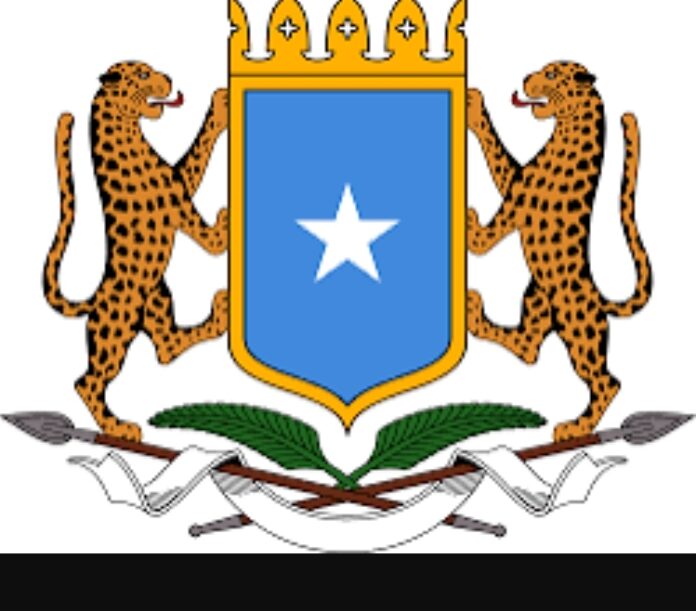 The quest for reunification of the Somali lands and people has been a foundational principle of the newly formed Somali Republic since its independence in 1960. The vision of a united Somalia, encompassing all Somali-inhabited areas, was not only a moral duty but also enshrined in the constitution of the country. The target of liberating Djibouti from French colonial rule, Ogadenia and Reserve Area from Ethiopian occupation, and the Northern Frontier District (NFD) from British rule and later from Kenyan control was a central focus of Somali foreign policy.
The quest for reunification of the Somali lands and people has been a foundational principle of the newly formed Somali Republic since its independence in 1960. The vision of a united Somalia, encompassing all Somali-inhabited areas, was not only a moral duty but also enshrined in the constitution of the country. The target of liberating Djibouti from French colonial rule, Ogadenia and Reserve Area from Ethiopian occupation, and the Northern Frontier District (NFD) from British rule and later from Kenyan control was a central focus of Somali foreign policy.
To achieve these goals, Somalia founded liberation fronts and even engaged in direct military conflict with neighboring countries. However, the reaction from the international community was swift and unequivocal. Somalia was condemned as irrendetist and an outlaw state. World powers supported the belligerent states against Somalia, leading to a series of conflicts that ultimately resulted in the destruction and chaos that Somalia faces today.
Ethiopia, in its turn, is on the offensive after the collapse of the powerfull military rule of Siyad Barre in 1991, Since that year, Ethiopia posed the most significant challengers to Somalia’s unity and territorial integrity. The Ethiopian government has engaged in acts of subversion and interference in Somalia, threatening its sovereignty and territorial integrity. The Ethiopian Prime Minister, instigated by the arrogant and pocket guided UAE, made it clear that he intended to secure an outlet to the sea for Ethiopia by any possible and necessary means-peacefully or forcefully- including annexing parts and coasts of the Somali territory (possibly Awdal-Sahil coasts).
Despite these blatant violations of international law and Somalia’s rights as a sovereign state, the international community’s reaction has been notably subdued. The vigorous condemnation and intervention that Somalia faced for its efforts to reunify the Somali lands stand in stark contrast to the lack of action taken against Ethiopia for its aggression towards Somalia.
This double standard in the international community’s response to conflicts in the Horn of Africa is deeply concerning. It raises questions about the principles of justice, sovereignty independence, territorial integrity, peace, security and self-determination that underpin the global order. The selective enforcement of international norms and the unequal treatment of states based on their alliances, power, beliefs and influence undermine the credibility of the international system.
One explanation for this disparity in the international response could be the strategic interests of major powers in the region. Countries like Ethiopia, with its geopolitical significance and alliances with Western powers, may receive preferential treatment despite their violations of international law. Somalia’s vulnerability and lack of power on the global stage make it an easy target for condemnation and isolation.
An example worth mentioning is that Somalia was under the threat of Alshabab terror insurgency, embargo and isolation for the last 30 years, whereas Ethiopia, defying international law and order, threatening neighbours and committing the worst human right abuses, inside and outside, is still buying arms, getting finances, investment with PM Abiye Ahmed still enjoying Nobel Price honours!
In conclusion, the Somali quest for reunification and self-determination fot its people has been met with resistance and hostility from the international community. The double standard in the response to conflicts in the Horn of Africa highlights the need for a more principled and consistent approach to upholding international law, peace and justice. Presently, Somalia’s peaceful struggle for own territorial unity, defeat of Alshabab and sovereignty deserves the same level of support and recognition as any other state facing aggression and subversive interference from its neighbors.




